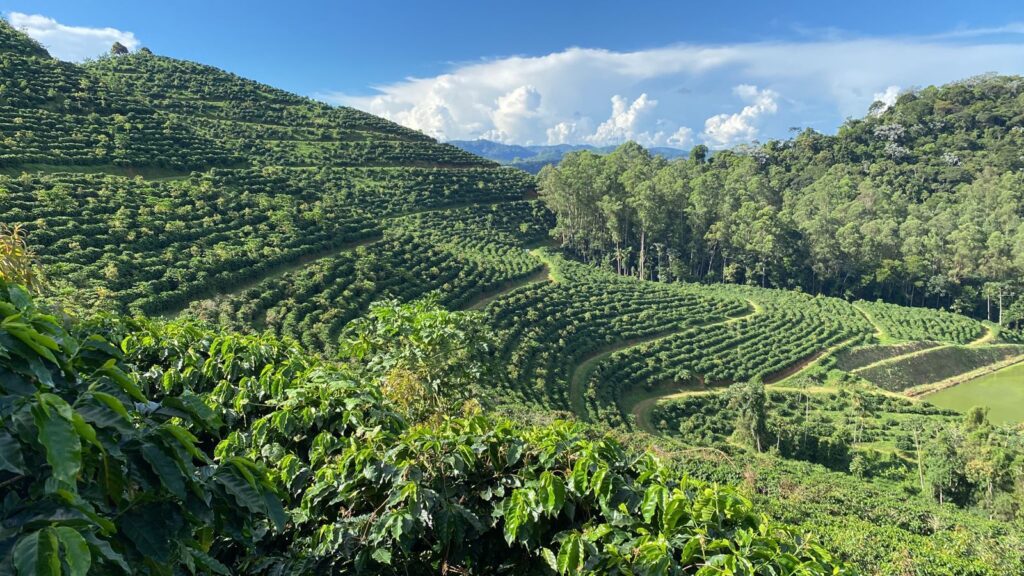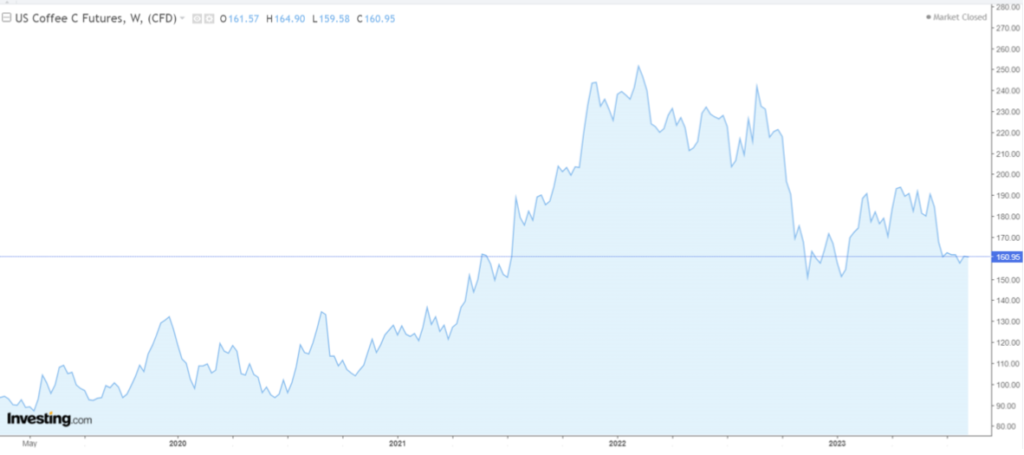-
Aug 20 2024 The Challenges of Sustainable agriculture.
By Karol Klem

The word “sustainable” refers to what is maintained, what endures. When we talk about sustainable agriculture, we are referring to a method of farming that respects the environment, reduces costs, and increases productivity, all while sustaining itself without depleting its surroundings. The land was created to be cultivated, with the principle that it should produce food to sustain life. But what does it mean to produce sustainably? It means producing in a way that minimally impacts the soil, avoiding conventional pesticides and fertilizers that harm the soil in the long term. Everything a crop needs to grow is in the soil, as that has always been its role. We can only help the soil to become richer and more productive, but not deplete it to the point where it becomes infertile and requires artificial means to become productive again.
Today, people seek a healthy lifestyle, consuming high-quality products, and that is what sustainable agriculture produces—truly nutritious food. In theory, this type of agriculture is wonderful and everyone should strive for it, but that’s not always the case. There is still much skepticism about sustainability concerning its production. Most farmers do not believe it is possible to achieve quality and productivity this way. Many experts in agronomy do not recognize this type of production as having potential in Brazil, but from experience, we know this is a mistaken belief.

The first step for sustainable agriculture to work is to believe in it. If you don’t believe in what you are doing, it certainly won’t succeed, because it is possible, but it requires time and study on the subject. If you believe in sustainable agriculture and care about your future and the people around you, it is worth consuming products that are sustainable and contribute to a healthy world. When we produce coffee, we want people to consume a product that benefits them because it benefits the environment. It is a symbiosis between production and the final consumer.
We face challenges and strong demands; one cannot be sustainable in the long term without the necessary knowledge, technical competence, and qualified labor to manage effectively. Given the ever-changing and location-specific nature of agriculture, sustainability requires a diverse and adaptive knowledge base, utilizing formal science, experimental methods, and the local knowledge of farmers. With dedication, we can overcome the challenges of sustainable agriculture and build a better future for future generations.
In a cup of sustainably grown coffee, all of this is present: knowledge, experience, dedication, and effort. Sustainable agriculture has its challenges, but it is both possible and rewarding to produce responsibly, respecting both the environment and those who will consume a high-quality product. From the coffee tree to the cup, this choice is ours. The path to a sustainable world is still long; we are taking the first steps with wisdom and consistency. I suggest that whenever you choose your morning coffee, opt for one that has an unparalleled flavor and aroma, but also respects the environment.
-
Sep 19 2023 Navigating Specialty Coffee Pricing: A Call for Fairness
By Fernando Patino, Direct Trade, Fazendas Klem

In the realm of specialty coffee production, where dedication and sustainability go hand in hand, a cloud of uncertainty has long loomed over the industry due to the peculiar workings of the Coffee “C” Contract. This contract, often seen as a distant and complex force, wields the power to sway coffee prices based on speculation, leaving producers puzzled by its influence.
Understanding the Coffee “C” Contract
The Coffee “C” Contract, a futures contract that allows trading of coffee as a commodity, has been a cornerstone of the coffee industry for decades. However, it doesn’t take much scrutiny to see how this system often fails to reflect the true dynamics of coffee production. The most baffling aspect is how external forces, with limited to no connection to the coffee industry, can significantly manipulate coffee prices through speculative trading. It raises the question: why should an industry as specialised as ours be at the mercy of speculators who may not even comprehend the intricacies of coffee cultivation?

Source: https://www.investing.com/commodities/us-coffee-c-streaming-chart
Beyond Production Costs: A Complex Reality
When we delve into the intricate process of specialty coffee production, it becomes evident that the “C” Contract doesn’t take into account the full spectrum of factors that contribute to the cost of producing high-quality beans. Specialty coffee is more than just a commodity; it’s the culmination of sustainable practices, meticulous cultivation, and a commitment to environmental and social responsibility. These aspects, which inherently drive up production costs, are scarcely acknowledged by the “C” Contract’s mechanisms.
Pricing for Sustainability and Fairness
Healthy and sustainable pricing models require a departure from the speculative approach. It’s high time we embrace a pricing structure that respects the efforts and investments made by specialty coffee producers. Such models should consider not only production costs but also environmental conservation, fair wages for labor, and support for local communities,
and a fair profit. When the focus shifts from short-term speculation to long-term sustainability, the entire industry benefits.
Stability for All: The Roasters’ and Retailers’ Perspective
If you’re a coffee roaster or run a café, you know the rhythm of the coffee world. Your menu features carefully curated beverages with set prices, allowing you to plan and budget with confidence. But when coffee prices dance to the unpredictable tunes of the market, your well-structured profit model starts to wobble. A fixed pricing approach offers stability, allowing you to focus on perfecting your brews rather than anxiously watching market charts.
Embracing Fixed Prices: A Step Forward
As we reflect on the present state of the coffee industry, it’s clear that the time has come to embrace a more equitable pricing model. A fixed pricing system, grounded in collaboration between producers and buyers, can create a win-win scenario for both parties. By negotiating prices that reflect true production costs and enable sustainable practices, we can nurture a coffee industry that is both thriving and responsible.
Conclusion
In conclusion, It’s time for specialty coffee producers, roasters, and consumers to stand united in their pursuit of fairness, sustainability, and stability. By adopting a fair price determined for each coffee lot traded among seller and buyer, we can ensure that the true essence of specialty coffee is honoured and preserved for generations to come. Acknowledging that the current system is pretty rooted and changing it is tough, a constructive starting point involves engaging with buyers who align with the same principles, with agreements grounded in the concept of fair prices, fostering a foundation of equitable trade.
